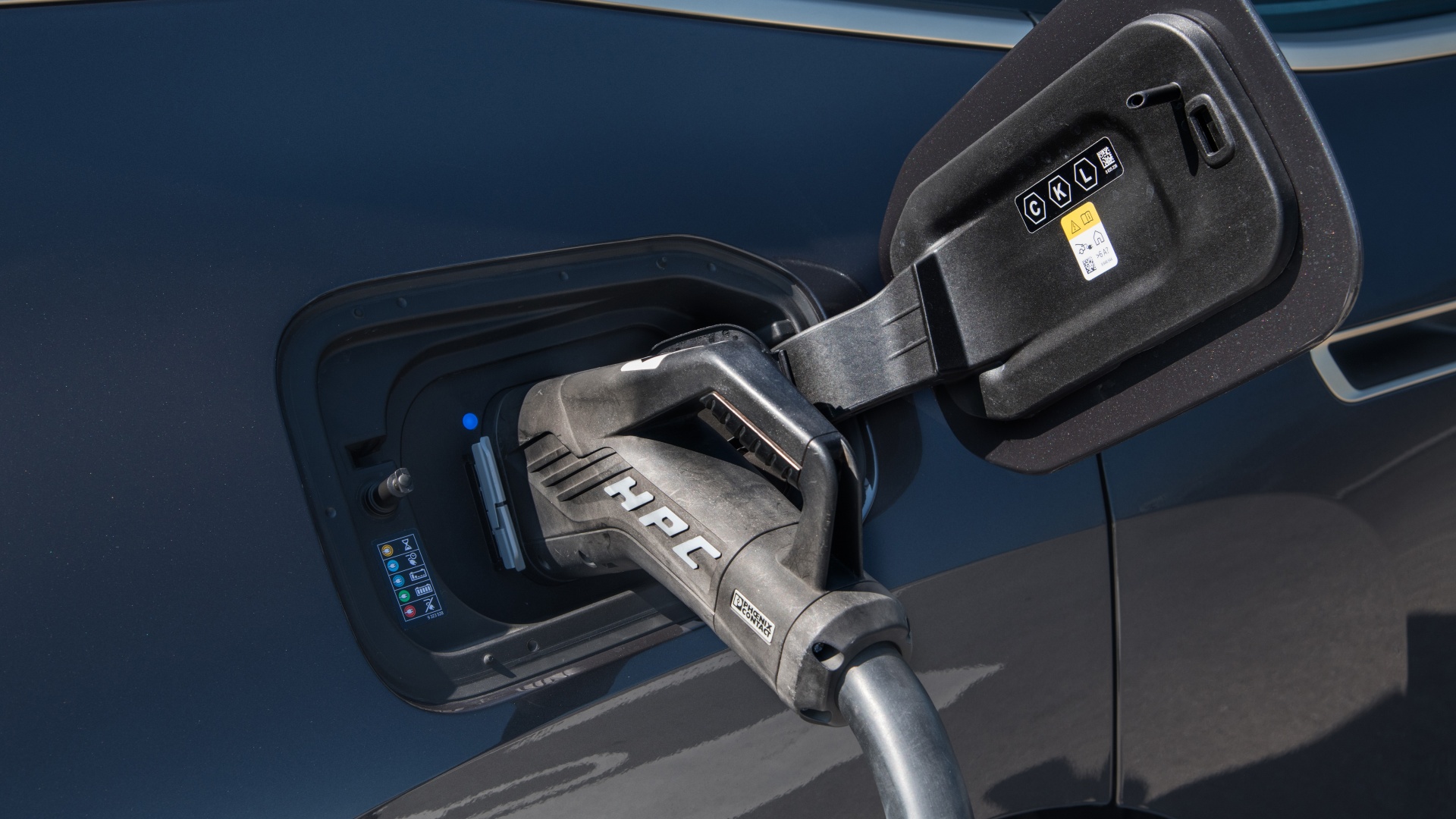The current climate in South Africa makes owning an electric vehicle (EV) nearly untenable, with a lack of charging infrastructure and failing power utility, the biggest hurdles currently.
Still, owning an EV may soon be something that South African drivers would need to think more actively about, especially as several carmakers have signalled their intent to develop more hybrid cars or go fully electric over the coming decade.
To that end, Wynand van Vuuren, client experience partner at King Price Insurance, says there are two aspects to consider, with the estimated 1 500 EVs on local roads expected to increase significantly over the next few years.
According to van Vuuren, the price of the vehicle and the need to insure the home that charging infrastructure is needed being compliant.
“If you have an EV, your insurance experience will be similar to that of a conventional vehicle. You’ll probably pay a bit more to insure an EV, because it’s more expensive than your average vehicle, and they cost more to repair than conventional cars. But the standard factors, like your age, claims history and where you live will still be the biggest determining factors of your personal risk,” he adds.
That said, there is scope for the cost of insurance on an EV to come down. This as the theft risk for an EV could drop, especially in the early days of EV adoption, as they would be both difficult to steal and hard to dispose of, according to the client experience expert.
The more important consideration, however, is the charging infrastructure needed at your home. This type of equipment must be installed professionally and connected to the building’s power grid, and will have to be noted on your policy schedule to ensure that issues like power surges are covered.
“This will have an impact on your buildings insurance, and you should preferably discuss this with your insurer or broker before you install any charging equipment at a residence,” notes van Vuuren.
Another factor to consider is how much people will need to travel in future, with remote working and the convenience of ridesharing platforms being aspects to consider. As such, the current and next generation of potential car owners may look at this situation differently from those before it.
“There’s no doubt that EVs are going to become a way of life in South Africa sooner than we think. But ultimately, changing ownership patterns will have a greater impact on the insurance industry than EVs,” van Vuuren concludes.
Unlike conventional petrol, diesel or even hybrid vehicles, going fully electric in SA will require several considerations to be taking into account.

